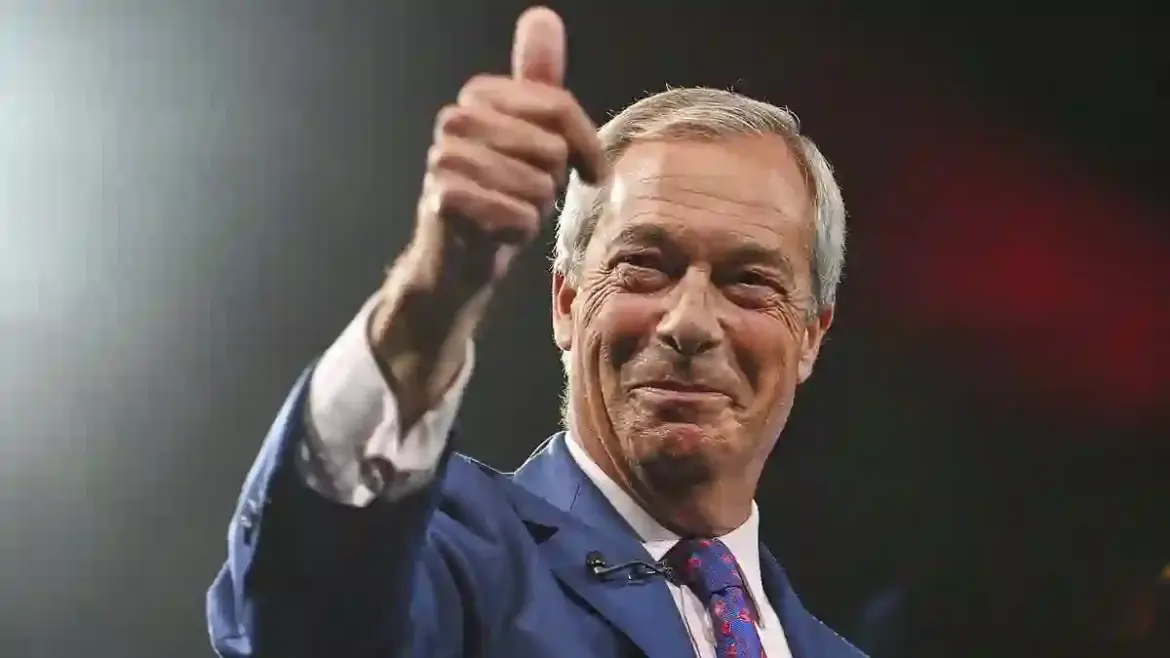British politics is once again buzzing with speculation, and this time the drama centers on whether the Conservatives and Reform UK could ever strike a deal.
Nadine Dorries, never one to shy away from controversy, recently fanned the flames by not only defecting to Reform but also suggesting a pact between Nigel Farage and Boris Johnson.
Her comments sparked an immediate backlash, but they also reopened a question that refuses to go away: could uniting the Right be the only realistic way to stop Labour from holding power for years to come?
Dorries Stirs the Pot
Speaking on a podcast with fellow columnists Sarah Vine and Peter Hitchens, Dorries argued that Farage and Johnson could set aside egos for the good of the country. Reform’s leadership, however, was quick to shut that idea down.
Zia Yusuf, the party’s head of policy, dismissed Johnson outright, calling him “one of the worst PMs in history.”
That rejection shows how wary Reform is about being tied to past Tory failures.
Yet it also exposes the risk of arrogance, especially with polls putting Reform in a comfortable position for now.
Reform’s Rising Star—And Its Dark Side
I spent time at Reform’s conference in Birmingham, where the energy was undeniable.
The event was well-run, and many attendees came across as articulate and passionate. But not everything on stage sent a reassuring message.
The party gave a platform to figures like Aseem Malhotra, who made unverified claims linking Covid vaccines to royal family illnesses, and Lucy Connolly, a convicted extremist introduced as “Britain’s favourite political prisoner.”
These moments highlighted the fine line Reform walks between riding public anger and being dragged into toxic territory.
Farage’s Talent vs Johnson’s Legacy
Nigel Farage is rightly praised for sensing the national mood and channeling frustration into political momentum.
But Johnson once went further—securing 44 percent of the vote and building a broad coalition across class and region.
His politics weren’t rooted in anger but in optimism, a quality still missing from Reform’s message.
This is why dismissing Dorries’s suggestion outright could prove short-sighted.
If Reform and the Tories keep working separately, Labour may remain the biggest beneficiary.
Tory Struggles Under Badenoch
Meanwhile, the Conservatives are in deep trouble. After the 2024 electoral collapse, Kemi Badenoch inherited a poisoned chalice.
Many MPs are now openly questioning her leadership, especially after her muted handling of the Angela Rayner scandal.
Yet her possible successors—Robert Jenrick, James Cleverly, or others—don’t inspire much confidence either.
The party risks alienating voters further if it continues to cycle through leaders without a clear vision.
Labour’s Fragile Advantage
Keir Starmer’s approval ratings are dire, and there are whispers he might not even survive as Labour leader before the next election.
Figures like Wes Streeting or Andy Burnham could inject fresh energy into Labour’s campaign.
On top of that, global economic shifts or new scrutiny on Reform’s policies could still reshape the landscape.
For now, Labour’s biggest advantage isn’t enthusiasm for their programme but the division on the Right.
The Pact That Haunts Labour
What truly unnerves Labour strategists is the idea of a formal alliance between Reform and the Conservatives.
As one minister admitted, as long as the Right stays divided, Labour can win.
But if Johnson and Farage—or even their parties more broadly—find a way to unite, Labour could be locked out of power for a generation.
That possibility now depends on whether two men with oversized egos—Farage and Johnson—could ever actually coexist.
Dorries believes they could. Labour is praying she’s wrong.
